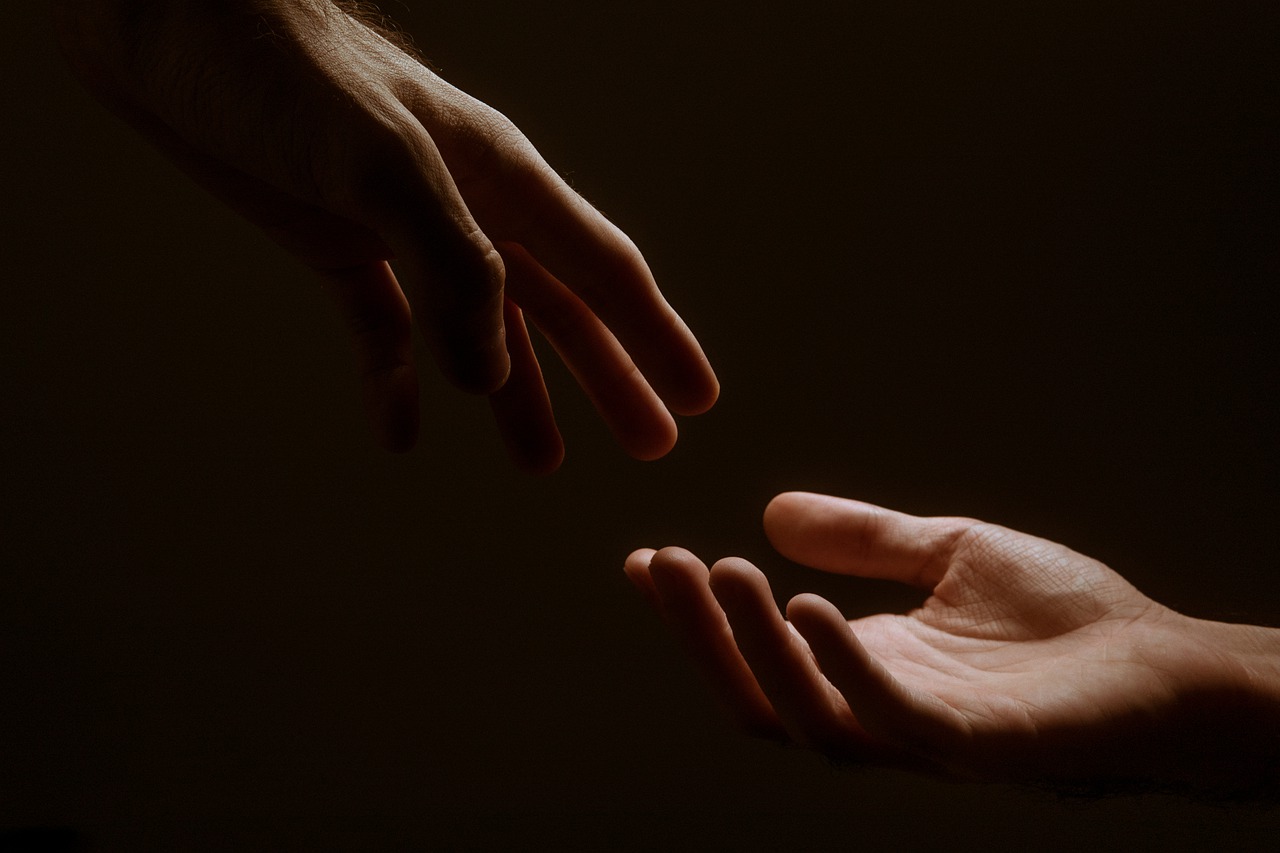It’s called touch starvation, touch deprivation, and even “skin hunger.”
Although it might sound like something out of the latest dystopian best-seller, it’s very much a real thing in our world. It can cause an array of physical, emotional, and developmental problems. In severe cases, it can even lead to death.
Keep reading to learn more about this fascinating phenomenon and, most importantly, what you can do to prevent it.
What Is Touch Starvation?
Researchers visiting Romanian orphanages in the 1990s were startled by what they saw. Thousands of children who experienced little or no physical contact were physically, mentally, and emotionally stunted.
Sadly, this is not an isolated incident. Doctors made similar observations in orphanages in America in the 1800s. More recent studies have also found that seniors deprived of physical contact (such as those who live alone or in nursing homes) get sick more frequently and are more prone to psychological problems.
Touch starvation is exactly what it sounds like — an absence of healthy physical contact with other people. It’s most commonly seen in settings like the ones described above, but more subtle forms have crept into our society as well.
Technology limits the amount of in-person interaction we get, not to mention 2+ years of physical distancing during the pandemic. Meanwhile, social touching that was once considered normal (a hug, a handshake, a pat on the back) is now being “phased out” of many cultures — including our own.
Why Is Human Touch So Important?
From the moment we’re born, our bodies are hard-wired to respond to touch from other humans. It begins the moment your mother first holds you and that same innate need never goes away.
Why? Remember that your skin is the largest organ in your body. Research shows that positive sensations of touch are vital for:
- Healthy social and emotional development
- Proper immune system function
- Normal sleep and digestive patterns
- Warding off respiratory infections and other illnesses
- Producing the “feel good” hormones oxytocin, serotonin, and dopamine
As we discussed above, touch deprivation has the opposite effect on our well-being. People who are touch starved are more prone to anxiety and depression. They may also have increased levels of the stress hormone cortisol, as well as high blood pressure and muscular tension.
How Can You Include More Touch in Your Life?
You’re unlikely to face a severe health crisis from touch starvation like the scenarios presented earlier. Still, there’s no denying that adding more positive physical contact to your self-care routine can do wonders for your health.
Here are some ideas for warding off touch deprivation and giving your skin the contact it needs:
- Book a massage or a facial treatment
- Sign up for a dance class
- Visit a nail salon or a hair salon
- Cuddle with your pet
- Try self-massage techniques on your neck, arms, and hands
- Use weighted blankets and body pillows
- Volunteer at a nursing home, daycare center, or animal shelter
- Trade a foot rub or a shoulder rub with a friend or family member
Direct contact with another person is best, but really, any form of gentle touch will have a positive impact on your health.
Interestingly, researchers have found that 3cm (about 1 inch) per second is the “ideal” touching speed for releasing oxytocin and other feel-good hormones. It’s no coincidence, then, that massage shows up three times on the list above!
A Day at the Spa: The Ultimate Cure for Skin Hunger
Between our modern lifestyle and the ongoing pandemic, many of us are unknowingly affected by touch starvation. As part of your efforts to live a healthier lifestyle, be sure to include our suggestions above for adding more touch to your daily life!
In fact, you can tick one of those items off your list right now. Apres Massage & Facial in West Vail offers a wide variety of spa treatments that give your body the healthy physical contact it craves.
Click here to view our spa menu or give us a call at 970-445-2114 to learn more.

